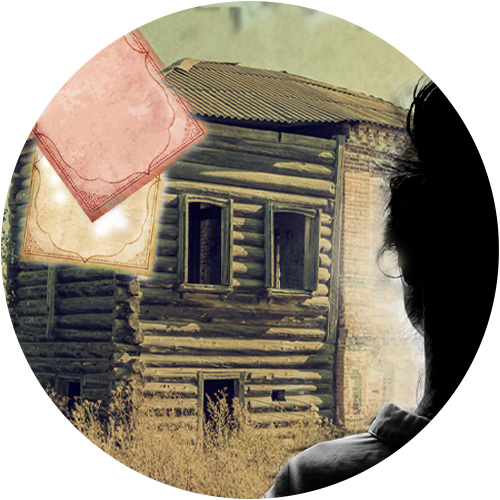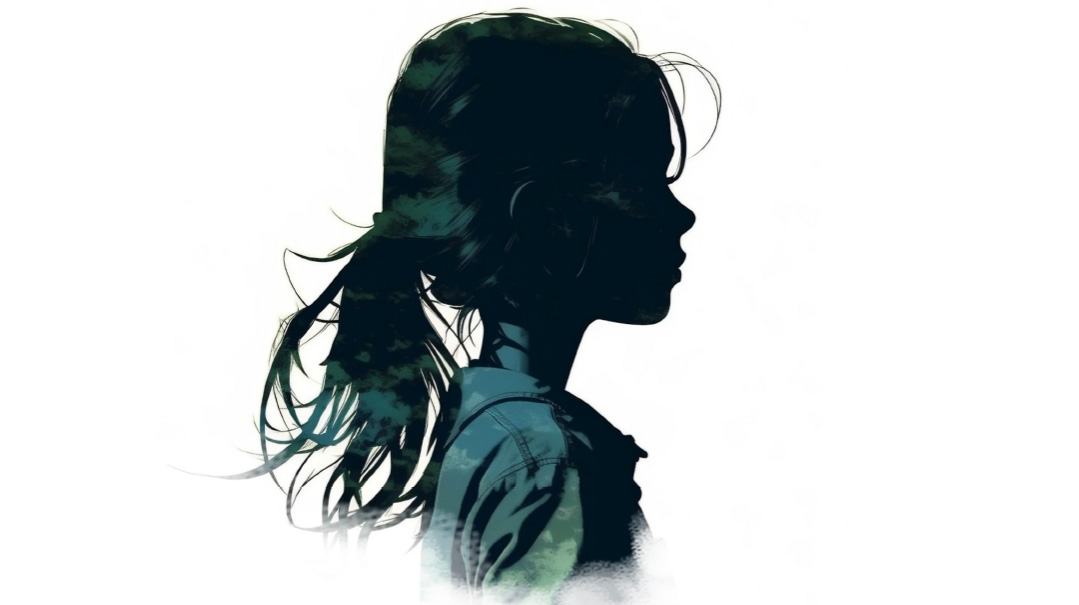Sara’s Story: Chapter 12
| June 7, 2022Every time I passed the Jewish school that had refused to take me in as a student, my heart would flutter

P
ublic school in London was far more awful than I’d expected. I’d been out of school for so long and had so been looking forward to learning again, but the girls in my class didn’t seem interested in learning in the least.
More than I hated the pranks, I abhorred the girls’ language. I had learned enough English by the time that I started school to know that my fellow classmates were speaking a dialect rife with slang and inappropriate words. Almost every other word of theirs was unrepeatable.
“Blessed are You Hashem Who has not made me a gentile.” I didn’t know the brachah at that point in time, but I intuited it anyway. And every time I passed the Jewish school that had refused to take me in as a student, my heart would flutter.
If only the headmaster would have accepted me, I’d think. I’d be the best student in the class. I’d get all As. I’d do extra homework and extra anything.
I was a top student in my new school as well and quickly picked up on the subtle nuances of the new culture, but no one seemed impressed. My classmates were far more interested in pranks and the high life than in academic success.
Month after month passed with me growing quieter and quieter in school. There seemed to be no one to talk to. No one who really cared…
And then, finally, toward the end of that first school year, things changed.
“The government’s granted us a new house in Barnett,” my brother Yitzchok told me after school one day. “Get ready to move again. Get ready for a new school.”
The school year ended, and we moved into our new house a week later. Our home in Barnett, like our home in Hendon, was somewhat lackluster and uninviting. Still, it was far more luxurious than any of our homes in Iran had ever been.
At my new school, at long last, I finally found my bearings.
“What’s your name?”
“You mean, you really escaped from Iran? What was life like there? What were your neighbors like?”
“Is Khomeini really as radical as everyone says he is?”
My classmates finally seemed interested in talking to me, and they seemed interested in their studies as well.
Maybe the two went together somehow.
I finally fell into a beloved routine of school, homework, and socializing. It seemed as though I had at long last found my place. But a deeper part of me still yearned for more. It yearned for something that I wasn’t getting in my non-Jewish school.
One day, a package arrived for me from Iran. It bore my father’s signature on it and weighed at least 15 ounces, more than the standard one- or two-page letter. I ripped the envelope open quickly, eager to see what my father might have sent me from abroad.
Ethics of Our Fathers. Pirkei Avos with commentary. The black words almost jumped off the dark red cover. My father had sent me a book in Persian that was somehow connected to my heritage. I had never before read a sefer. I didn’t realize that it would probably be easier for me to digest the words if I read the mishnayos, and accompanying peirushim, one day at a time.
Instead, I read it all in one go, and it was fascinating. Never before had I read something that explored the inner psyche of a person in such a profound way.
I read the book on a Tuesday and then read it all over again the following Monday.
The ideas in the book were fascinating and I wished that there was a way for me to learn more about them.
I wished and prayed, and one day my tefillos were answered.
My brother Yosef stood at the entrance to our apartment, attaché case in hand, polished shoes on his feet, and shirt tucked into his trousers, making it obvious that he was about to go someplace special.
“Where are you going?” I asked.
“To a class,” he said. “A Jewish class downtown.”
“Take me with you,” I said. “Take me with you, please.”
My brother looked me up and down. “Alright,” he said slowly. “Come.”
To be continued…
(Originally featured in Mishpacha Jr., Issue 914)
Oops! We could not locate your form.


